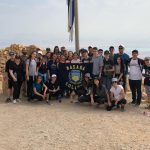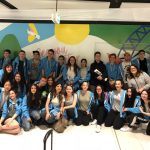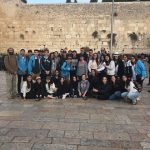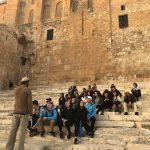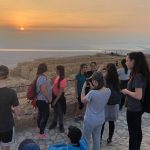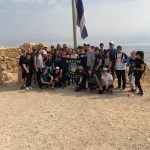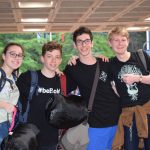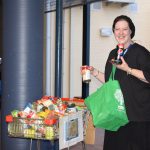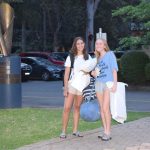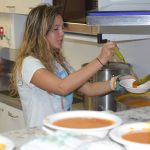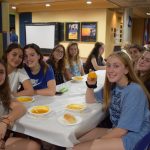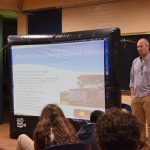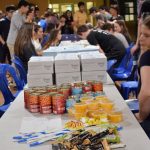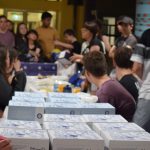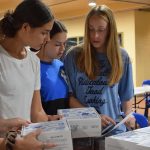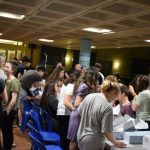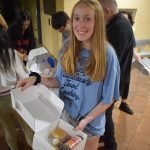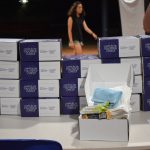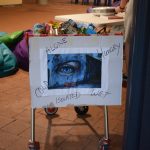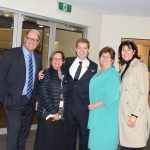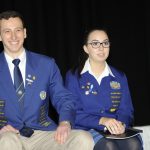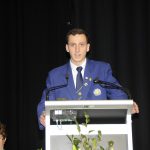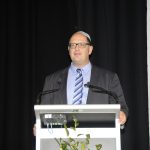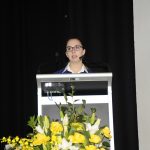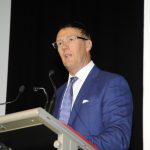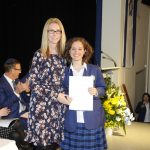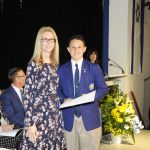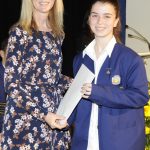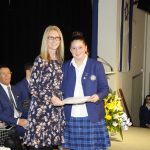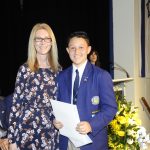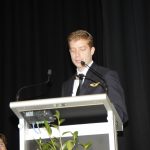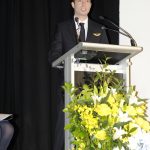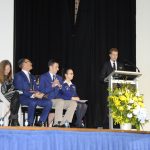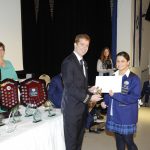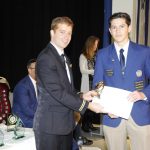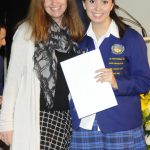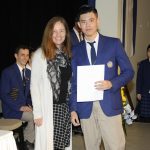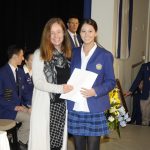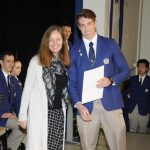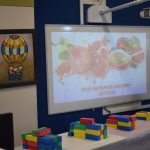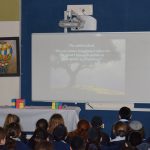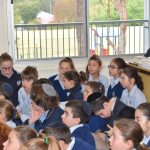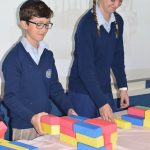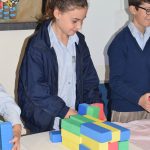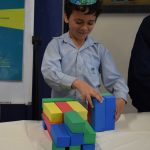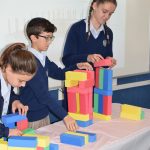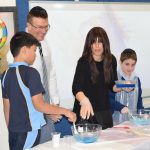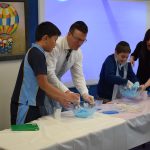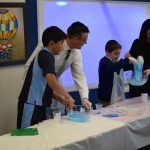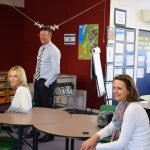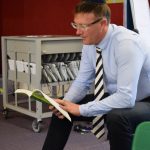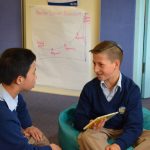The new school year means new opportunities for learning, growth and development. And of course, it also means new beginnings. Not only does 2019 mark the start of an exciting educational journey for many commencing and returning students at Masada College, it also brings in new leadership positions for College Principal, Mr. Martin Tait, Head of Senior School, Ms. Megan Laing and Head of Junior School, Mrs. Danielle Blumberg.
College Principal, Martin Tait has both the knowledge and experience leading the school into the future as his previous role as Head of Junior School and College Deputy Principal involved overseeing and leading the entire campus. Mr Tait has also had a plethora of leadership experiences and roles in working overseas in Singapore, in Western Australia and across prominent independent schools in New South Wales.
He says that one of the projects he’s excited for this year is the prospects of a collaborative, multicultural initiative that brings Masada College together with a Muslim and Christian school. The College will also be focusing on implementing SEQTA, an innovative integrative software management tool for teaching staff. “This software will help refine systems and improve communication, particularly with regard to pastoral care and teaching and learning curricula,” says Mr. Tait.
Recently appointed Head of Senior School, Ms. Megan Laing, who has worked internationally in China as a Head of School as well as in Melbourne as a Head of Middle School, feels that a new year presents the opportunity to build and cement relationships with the staff, students and parents. “I instantly connected with the warm environment and a shared passion for teaching that I felt here. I’m excited to be working with a team that’s truly invested in their students,” says Ms. Laing. Ms. Laing also plans to implement 6- weekly interim reports to inspire more conversation around school performance, as well as an early commencement program at the end of the year.
For Mrs. Danielle Blumberg, Head of Junior School and former Head of Academic Care at Masada College, this year promises clear directions after last year with the transitions. “I’m looking forward to greater collaboration between our ELC and Junior School and we are in the process of engaging with an external group, Young Engineers to strengthen our science teaching for Years K – 6, as part of our focus on STEM education,” she says. The College also plans to bring in the URStrong social skill curriculum to complement Stephen Covey’s Leader In Me program, both of which will help Junior School students develop their interpersonal skills. Mrs. Blumberg, who introduced the acclaimed High Potential Learners Program into the school in 2017, says this year will also see the addition of a specialist Learning Support Teacher in the Junior School, a School Counsellor as well as Psychology interns who will be implementing well-being programs across the College.
Masada College certainly has a new year filled with potential. However, while there may be new faces and roles at the College, there are some facets of the school that will always remain the same – that is, a shared vision and mission of a Modern Orthodox Jewish Day School which prides itself on inclusivity.

